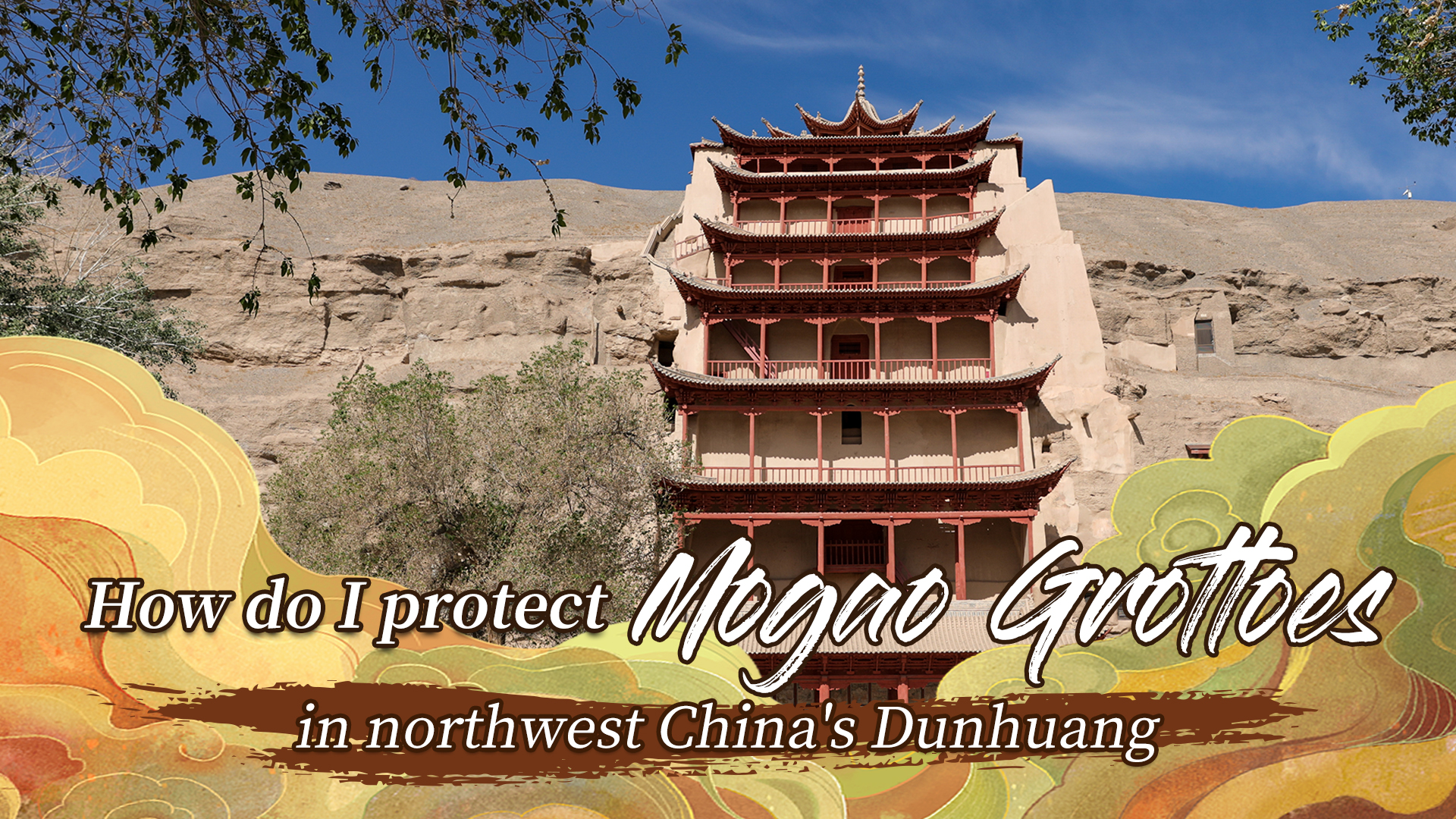Search Trends
The Mogao Caves, also known as the Thousand Buddha Grottoes or Caves of the Thousand Buddhas, are a system of 492 temples famous for their statues and wall paintings in Dunhuang City, an oasis located at a religious and cultural crossroads on the Silk Road in northwest China’s Gansu Province. The caves contain some of the most excellent examples of Buddhist art, spanning a period of more than 1,000 years.
Sitting at the foot of the Mingsha Mountains, or Singing Sands Hill, on the southeastern edge of the Kumtag Desert, the 1,600-year-old grottoes face the constant threat of natural erosion.
This livestream shows how protection and repair work take place for murals and ancient ruins, as well as the digitization efforts at the caves.
Video editor: Shi Xun
Scriptwriter: Shi Xun
Camera: Zhai Fengguo
Cover photo designer: Zhu Shangfan
Chief editor: Wu Haixia
Supervisor: Zhang Shilei
Special thanks: Wang Hao and Wang Jiaqi
(Dunhuang Academy also contributed to the video.)
SITEMAP
Copyright © 2023 CGTN. 京ICP备16065310号
Disinformation report hotline: 010-85061466
SITEMAP
Copyright © 2023 CGTN. 京ICP备16065310号
Disinformation report hotline: 010-85061466


